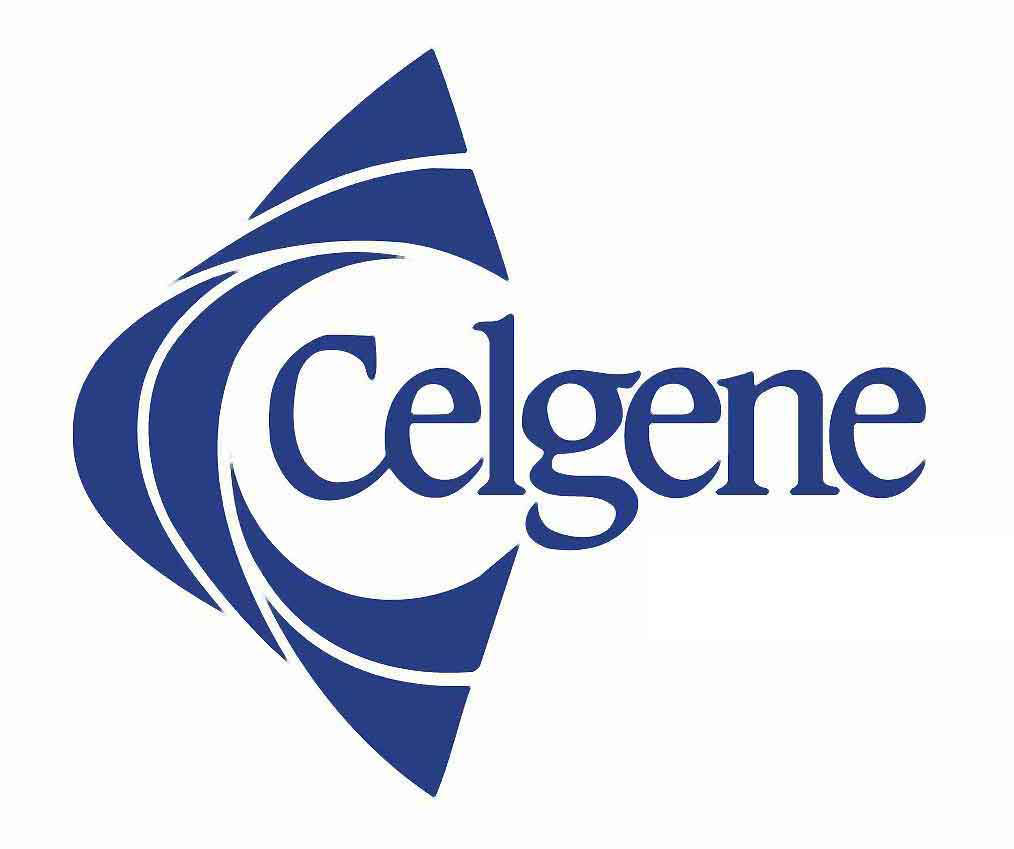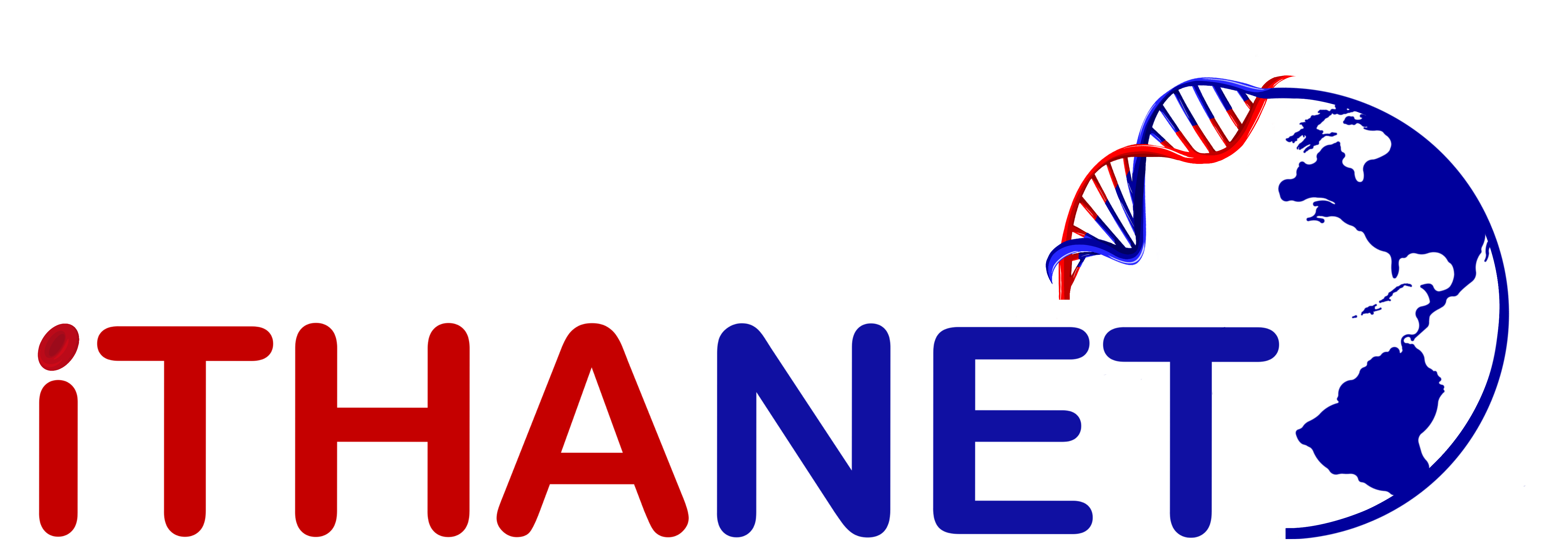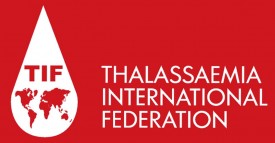
The Committee for Medicinal Products for Human Use (CHMP) recommended the granting of a marketing authorization for the medicinal product Reblozyl, on the 30th of April 2020. Reblozyl is a novel erythroid maturation agent, intended to treat adult patients with β-thalassaemia who require regular red blood cell transfusions. Also, Reblozyl has been approved for the treatment of adult patients with myelodysplastic syndrome (MDS). Reblozyl has the potential to decrease the number of transfusions in patients with β-thalassaemia and MDS. The European Commission will review the recommendation for this medicinal product in order to approve or not the Reblozyl in the European Union. Authorized marketing of Reblozyl in the European Union will represent a new class of therapy for adult β-thalassaemia patients who have limited treatment options. For more information, see here.




